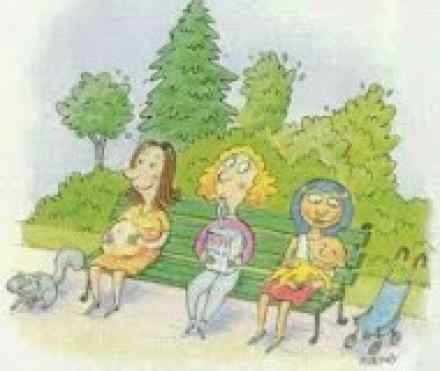Jaundice is a term used to describe the yellowing of the skin and the whites of the eyes. It's caused by a build-up of a substance called bilirubin in the blood and tissues of the body.

Signs of jaundice
The most common signs of jaundice are:
- yellowing of the skin, eyes and mucous membrane (the lining of the body’s passageways and cavities, such as the mouth and nose)
- pale coloured stools (faeces)
- dark coloured urine
When to seek medical advice
- Always seek immediate medical advice if you develop the above signs of jaundice. They are an important warning sign that something is wrong with the normal processes of your body.
- Speak to your GP as soon as possible.
Types of jaundice
There are three types of jaundice, depending on what is causing disruption to the normal removal of bilirubin from the body.
The three main types of jaundice are described below.
- Pre-hepatic jaundice – the disruption occurs before the bilirubin has been transported from the blood to the liver. This is caused by conditions such as sickle cell anaemia and haemolytic anaemia.
- Intra-hepatic jaundice (also known as hepatocellular jaundice) – the disruption occurs inside the liver. This is caused by conditions such as Gilbert’s syndrome, cirrhosis or other liver damage.
- Post-hepatic jaundice (also known as obstructive jaundice) – the disruption prevents the bile (and the bilirubin inside it) from draining out of the gallbladder and into the digestive system. This is caused by conditions such as gallstones or tumours.
Who's at risk
- Intra-hepatic and post-hepatic jaundice are more common in middle-aged and elderly people than in the young. Pre-hepatic jaundice can affect people of all ages, including children.
- Certain lifestyle changes may help to prevent jaundice. For example, maintaining a healthy weight, managing how much alcohol you drink and minimising your risk of hepatitis.
Treating jaundice
- Treatment for jaundice in adults and older children depends on the underlying condition that's causing it.
- Following tests to determine the cause of jaundice, the appropriate treatment will be recommended.
References:
http://www.nhs.uk/conditions/Jaundice/Pages/Introduction.aspx
http://en.wikipedia.org/wiki/Jaundice
http://www.nhs.uk/Conditions/Jaundice-newborn/Pages/Introduction.aspx
http://www.nlm.nih.gov/medlineplus/jaundice.html
http://www.mayoclinic.com/health/infant-jaundice/DS00107
http://www.betterhealth.vic.gov.au/bhcv2/bhcarticles.nsf/pages/Jaundice_in_babies

